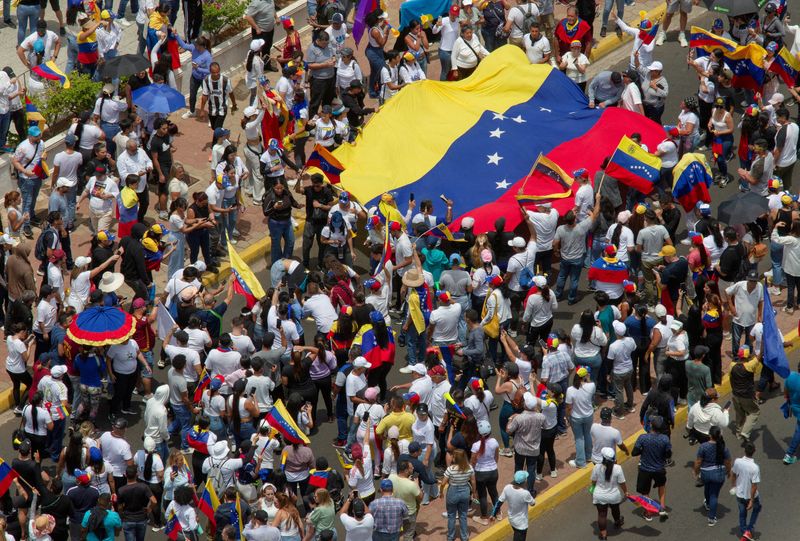Picture this: Venezuela, a country where the rhythm of life is dictated by the black gold beneath its soil. Amidst the smoldering embers of a fiercely contested presidential election, the nation’s oil industry—a lifeline not just for the country but for energy markets across the globe—grinds on. It’s as if the chaos swirling around the capital hasn’t touched the oil fields and refineries… or has it?
Despite a weekend soaked in controversy and protests, where the streets screamed with unrest and the international community gasped at the election’s aftermath, Venezuela’s oil production and exports continue as if on autopilot. Official sources whisper that, somehow, everything remains normal—but there’s more to this story than meets the eye.
Last week, as the electoral storm brewed, PDVSA, the state oil giant, tightened its grip. Military mobilization, usually reserved for quelling unrest, was instead funneled into securing the nation’s oil assets. Staff were slashed, operations were trimmed, and security? Cranked up to eleven. But now, with the dust of the election beginning to settle, PDVSA has eased its stranglehold. Executives and workers have returned to their posts, and production levels remain at an average of 922,000 barrels per day—miraculously unscathed, if the official figures are to be believed.
But here’s where the plot thickens. While the oil keeps flowing, it’s moving with the grace of a wounded beast. Exports, already bogged down by logistical nightmares, have hit yet another snag. The country’s main terminal at Jose is a bottleneck, and the situation is so dire that some shipments are being transferred from one ship to another at sea—a process that drags on, like a never-ending telenovela.
And it’s not just the exports that are limping along. Fuel imports, vital for keeping the country’s own engines running, are also caught in the mire of delays. Remember, the U.S. granted Venezuela a broad license last year, a rare olive branch that allowed PDVSA to peddle its oil wherever it pleased. This move ignited a surge in demand, but with production flatlining, PDVSA has found itself in a race against time, accumulating delays that now stretch up to a jaw-dropping 60 days.
The ripple effects are global. Asian importers are feeling the pinch the hardest, while U.S. giants like Chevron and Spain’s Repsol, operating under the shelter of specific licenses, face slightly less turmoil—though they’re not entirely spared.
And as if this drama needed another twist, Washington is lurking in the wings. With the election fallout still fresh, U.S. officials are mulling over their next move, and the specter of new sanctions looms large. For now, the licenses remain untouched, but the winds of change could blow at any moment.
PDVSA, ever the enigma, has remained silent amidst the growing tension, offering no comment as the world watches and waits. The stage is set, the players are in position, and the next act in Venezuela’s oil saga is about to begin. Buckle up, because this ride is far from over.

